3 CEOs Disrupting and Democratizing Women's Health
The founders of these startups were unwilling to wait for the massive ship that is the American healthcare system to course correct for women.
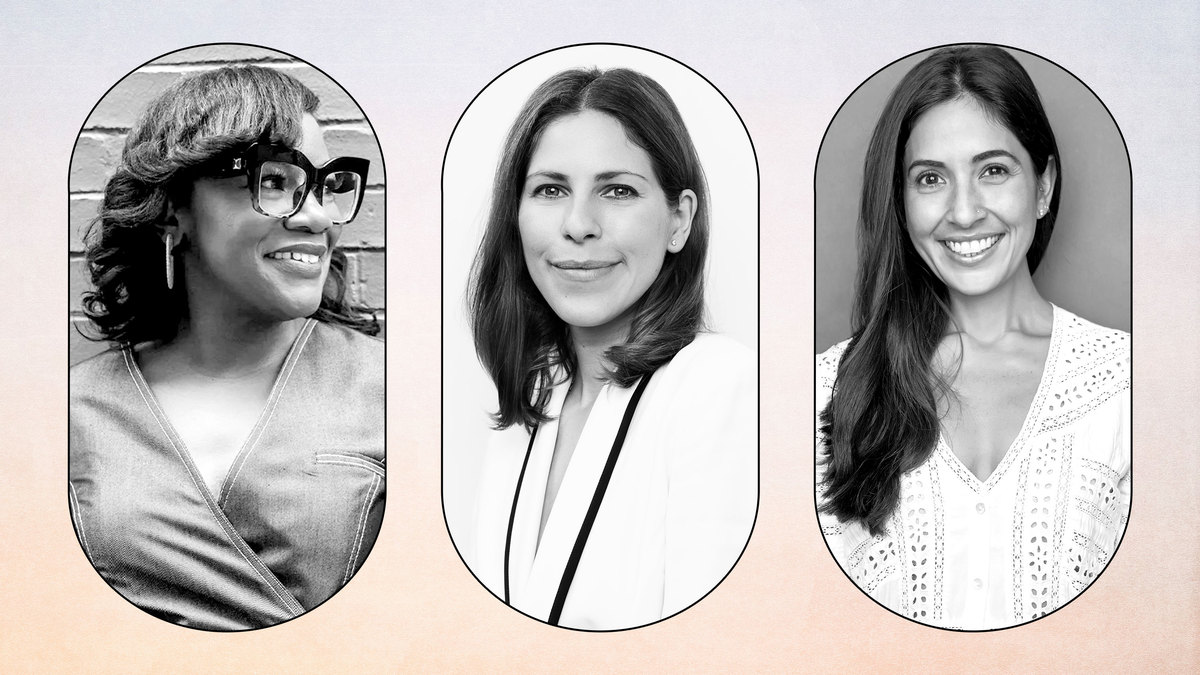
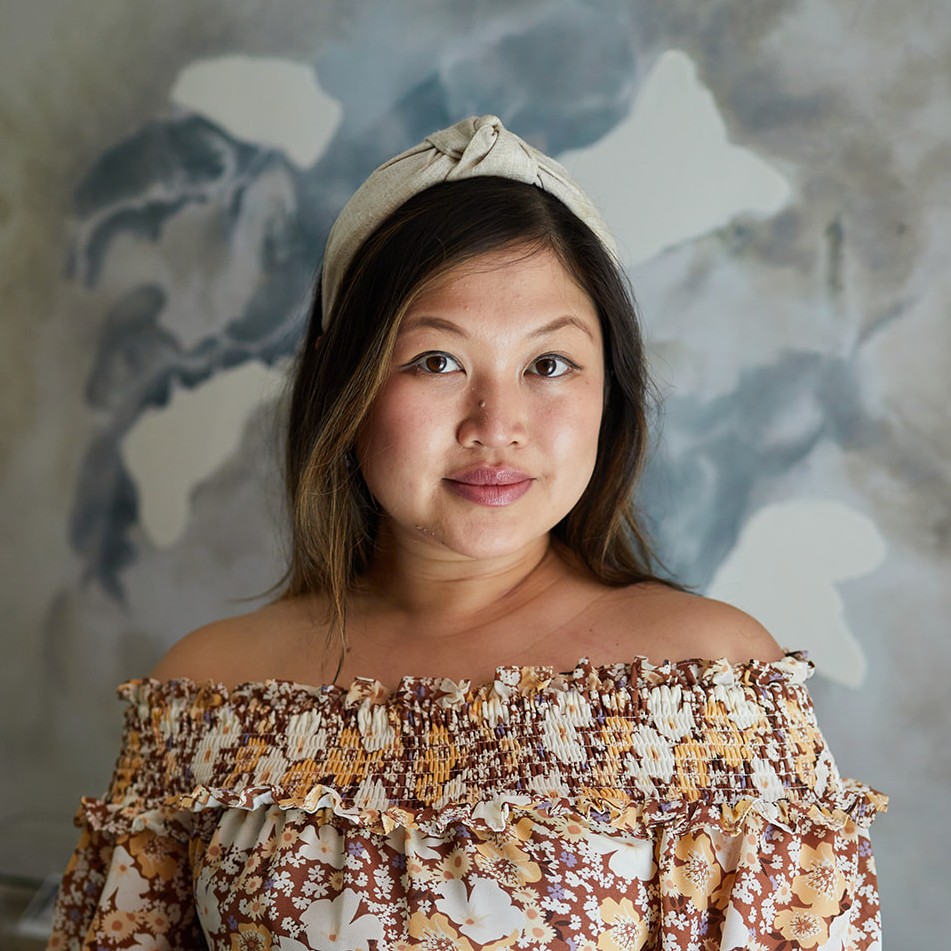
At a time when our bodily autonomy is under attack, women have become more vigilant about their basic human rights to equality, information, and the highest attainable standard of health—including sexual and reproductive health without discrimination. But the traditional healthcare system tends to treat the complex needs of women all wrong. It takes an acute approach rather than preventative. Disparate versus integrative. As a result, American women are suffering through a national infertility crisis and high maternal mortality (a rate of 23.8 to be exact, the worst among industrialized nations). The Covid-19 pandemic meanwhile has had lasting effects on the state of mental health for women, who are already twice as likely to experience depression and anxiety than men.
In an effort to change this, numerous founders are disrupting the wellness industry as we know it. We spoke with three who were unwilling to wait for the massive ship that is the American healthcare system to course correct—one a former investment banker, another a former journalist, and the third a doctor-turned-serial entrepreneur. They recognize that, for women, innovation is a matter of life and death.
Irth, an App for Birth Without Bias
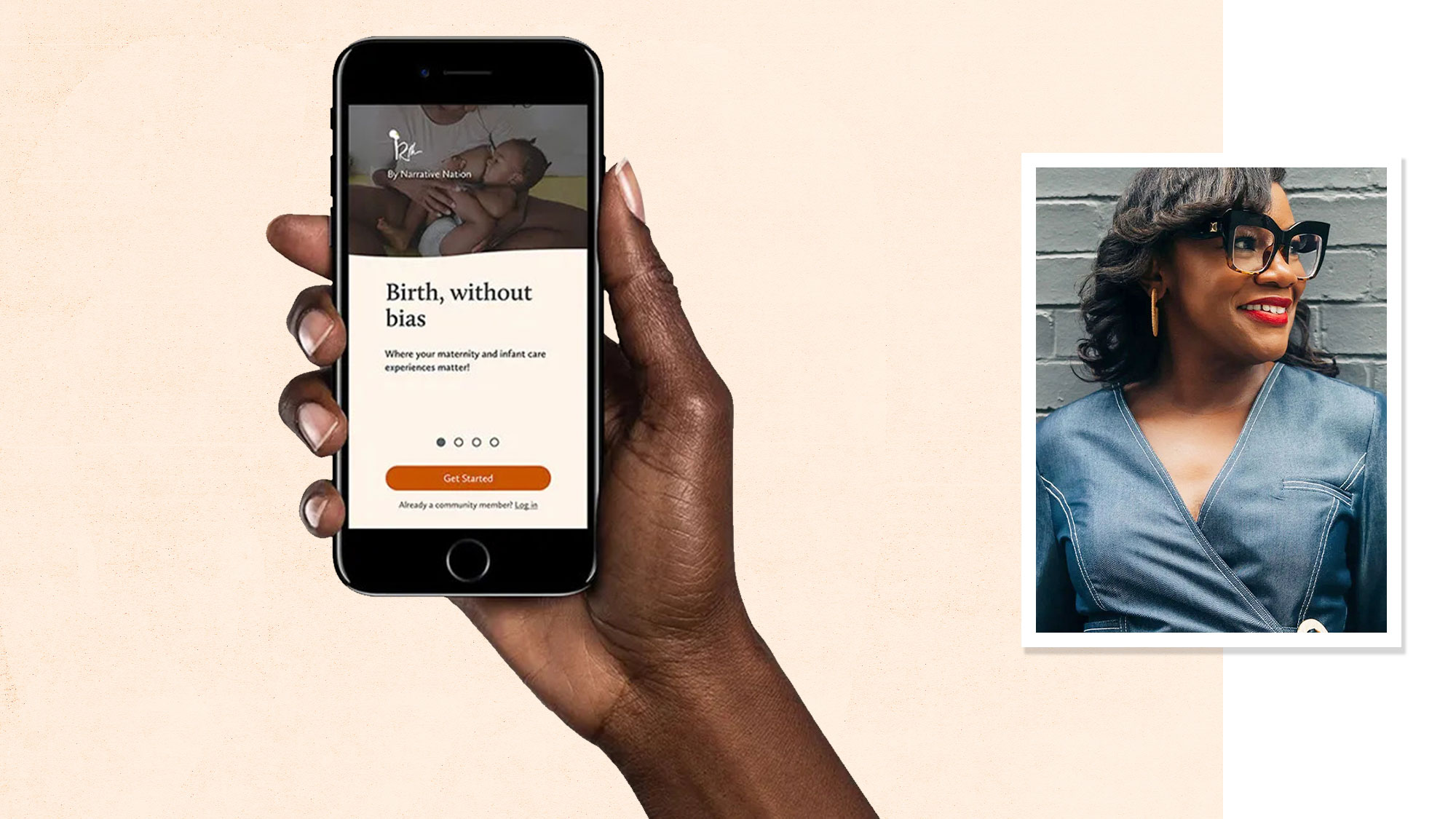
Kimberly Seals Allers, founder of Irth
With her first pregnancy, Kimberly Seals Allers, a former reporter at Fortune and editor at Essence, deployed her journalistic skills to research the best hospitals. But when she gave birth, her experience didn’t match the glowing reviews.
“I walked [into] a ‘highly rated’ and ‘best of’ hospital in New York City, having done months of due diligence and reading reviews,” says Allers. “But I left feeling disrespected, traumatized, and unseen.”
This impacted her earliest memories of motherhood. “I blamed myself completely, unaware that people are not being treated the same way even in the same place.”
According to a White House statement issued on its first Maternal Health Day of Action in 2021, the U.S. has the highest maternal mortality rate of any wealthy nation. For women of color, the reality is stark. According to the CDC, Black, American Indian, and Alaska Native women are two to three times more likely to die from pregnancy-related complications than white women. The pregnancy-related mortality rate for Black women with at least a college degree was 5.2 times that of their white counterparts.
So in February 2021, Allers launched Irth, an app that seeks to equalize the experience of delivering a child by giving women a central platform for rating and reviewing hospitals, OB-GYNs, and other pre- and post-natal care providers. Think of it like Yelp, but for childbirth, aimed at helping Black and Brown women access the best prenatal, birthing, postpartum, and pediatric services.
Stay In The Know
Get exclusive access to fashion and beauty trends, hot-off-the-press celebrity news, and more.
It started as a mommy-son project. Her youngest child, Michael, then a 13-year-old coding enthusiast, created the app’s wireframes and soon, the duo started going to pitch competitions. “I had this idea for an app and thought this would be a great way to bridge our worlds,” says Allers. In 2018, they went to an MIT hackathon related to birth and breastfeeding and won the Media for Change award. There, they met an MIT engineer who went on to build Irth’s prototype, which enabled Allers to get more grant funding. To date, Allers has raised more than $850,000 in grants. “I'm really proud of our origin story,” she says.
We’re turning our anonymized reviews into qualitative data...to give every Black birthing person a five-star experience while bringing life into the world—which is what we all deserve.
Kimberly Seals Allers, founder of Irth
Earlier this year, she was invited to meet with Tim Cook during Apple’s Worldwide Developers Conference, where Apple recognizes trailblazing creators uplifting their communities through technology. Apple also featured Irth in a spotlight on the App Store to grow awareness. “It was an incredible platform to share about Irth and our mission to remove the bias from birth,” says Allers.
To date, Irth has more than 20,000 users and reviews from 48 states. Allers is most alarmed by the frequency at which women of color are going through similarly poor experiences, such as hearing negative comments from care providers about family size or marital status. “There were too many reviews from fathers saying they were referred to as Mr. Baby Daddy while supporting their partner; Black women being coerced and admonished about birth control while in active labor,” says Allers.
Right now, according to Allers, the number-one negative experience being reported on the Irth app nationwide is: "My requests for help were ignored or refused." Such medical racism has resulted in disrespect and death. “A common thread in every maternal death story is that too many hospitals want to dismiss or explain away these reports of pain, instead of taking them seriously.”
Irth has its sights on reform. The team of just 15 employees recently launched pilot programs with five hospitals to improve patient care for Black mothers. Allers says the hardest work is being done at the community level, encouraging more women of color to submit reviews. After all, it will take sheer volume to sound the alarm bells on one of the biggest failures of the country’s healthcare system.
“We’re turning our anonymized reviews into qualitative data to teach providers, payers, and hospitals how to give every Black birthing person a five-star experience while bringing life into the world—which is what we all deserve.”
The Well Doubles Down on Brick-and-Mortar
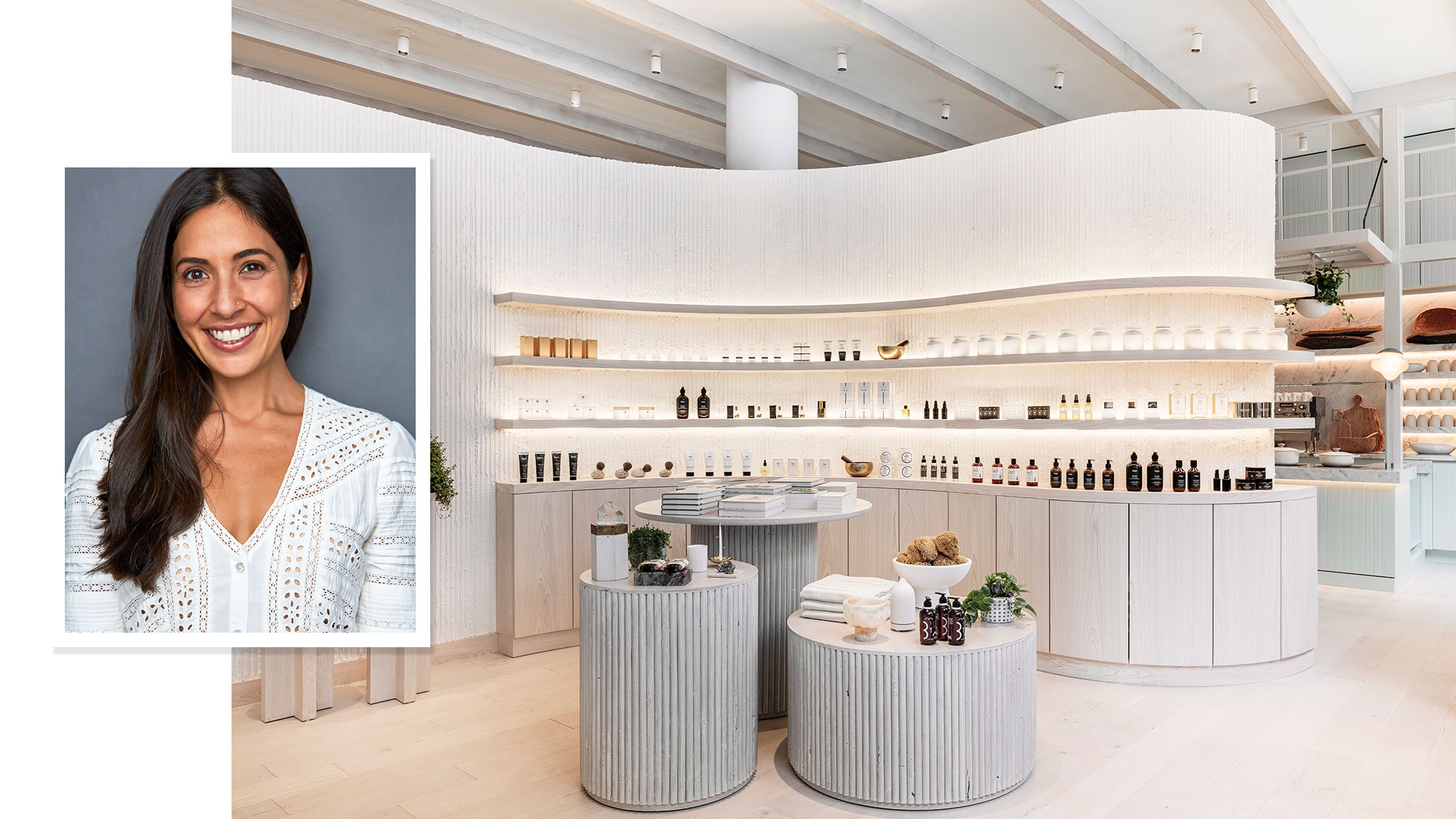
Rebecca Parekh, ceo and cofounder of The Well.
Step into The Well's New York City flagship, and one might wonder whether they’ve entered a luxurious retreat in Montauk or Malibu. But smack in the middle of Manhattan, visitors to The Well can book meditation classes in a glowing white dome, access body treatments rooted in Traditional Chinese Medicine and Ayurveda, or try their hand at hydrotherapy, aromatherapy, meditation, and more.
Rebecca Parekh, cofounder and CEO, says the very premise of her business is to integrate holistic health into the urbanite's day-to-day—and that meant building a geographically accessible hub to promote such a lifestyle.
“Our original business was a physical business and we’re remaining true to that because we’re passionate about the in-person experience and offering integrated wellness in big, busy cities,” she says. It’s not a common mindset in this Web3, Metaverse-obsessed startup world.
Burnout in her previous career led Parekh to rediscover the importance of holistic health. "I was an investment banker and was not modeling a wellness lifestyle; when it comes to getting swept into hustle-culture, I got disconnected," says Parekh, who worked at Deutsche Bank for 10 years. Her mom encouraged her to simply cook more and practice yoga daily. Parekh ultimately left banking, transitioning to work as Executive Director of the Global Foundation for Eating Disorders, and then COO for Deepak Chopra Radical Wellbeing.
She began envisioning a business that would promote health on a grander scale and on a daily basis. In 2016 she teamed up with cofounders Sarrah Hallock and Kane Sarhan to begin fundraising for The Well. It opened its nearly 15,000-square-foot Manhattan flagship, complete with a full-service restaurant and retail shop in September 2019—just six months before the pandemic made in-person experiences practically obsolete.
Parekh and cofounders began offering digital wellness classes and services, such as a three-part webinar focused on how to ease the anxiety of returning to office work and the outside world after months in lockdown. It also focused on e-commerce for its line of vitamins, supplements, and personal care goods.
Although The Well nimbly pivoted to digital during the pandemic, its cofounders never abandoned their commitment to physical locations and products. Through a partnership with Auberge Resorts Collection, the company continued to invest in its second location at The Mayflower Inn & Spa in Connecticut, which opened in November 2020, then its third spot, Hacienda AltaGracia, in Costa Rica in 2021.
To date, The Well employs about 100 people and has raised roughly $50 million in venture capital. After surviving Covid-19 closures, the brand is set for expansion: Parekh says The Well will likely open two more locations by the end of the year, and confirmed the company is working on projects in Mexico, Miami, London, and Aspen.
While it grows via brick-and-mortar, the company is staying grounded in an industry driven by fads. Parekh credits The Well’s medical and nutrition teams with vetting everything, from services offered to ingredients served in the restaurant. The rigorous standards are set forth by Frank Lipman, M.D., Chief Medical Officer and a renowned voice in integrative and functional medicine. “He went from quack to guru, as [mainstream] folks are now believing in what he’s been talking about for quite some time,” says Parekh.
And in an industry—wellness—that can mean many things and nothing at once, The Well filters out fads by making sure each service fits within the brand’s key pillars: nutrition, body work, skincare, lifestyle, community, and, a newly added category: emotional wellbeing.
“We focus on meeting people where they are at in their wellness journeys,” says Parekh. “Whether you’re sick or not we believe yoga is medicine, along with the food we eat.”
Parsley Health: Redefining Care
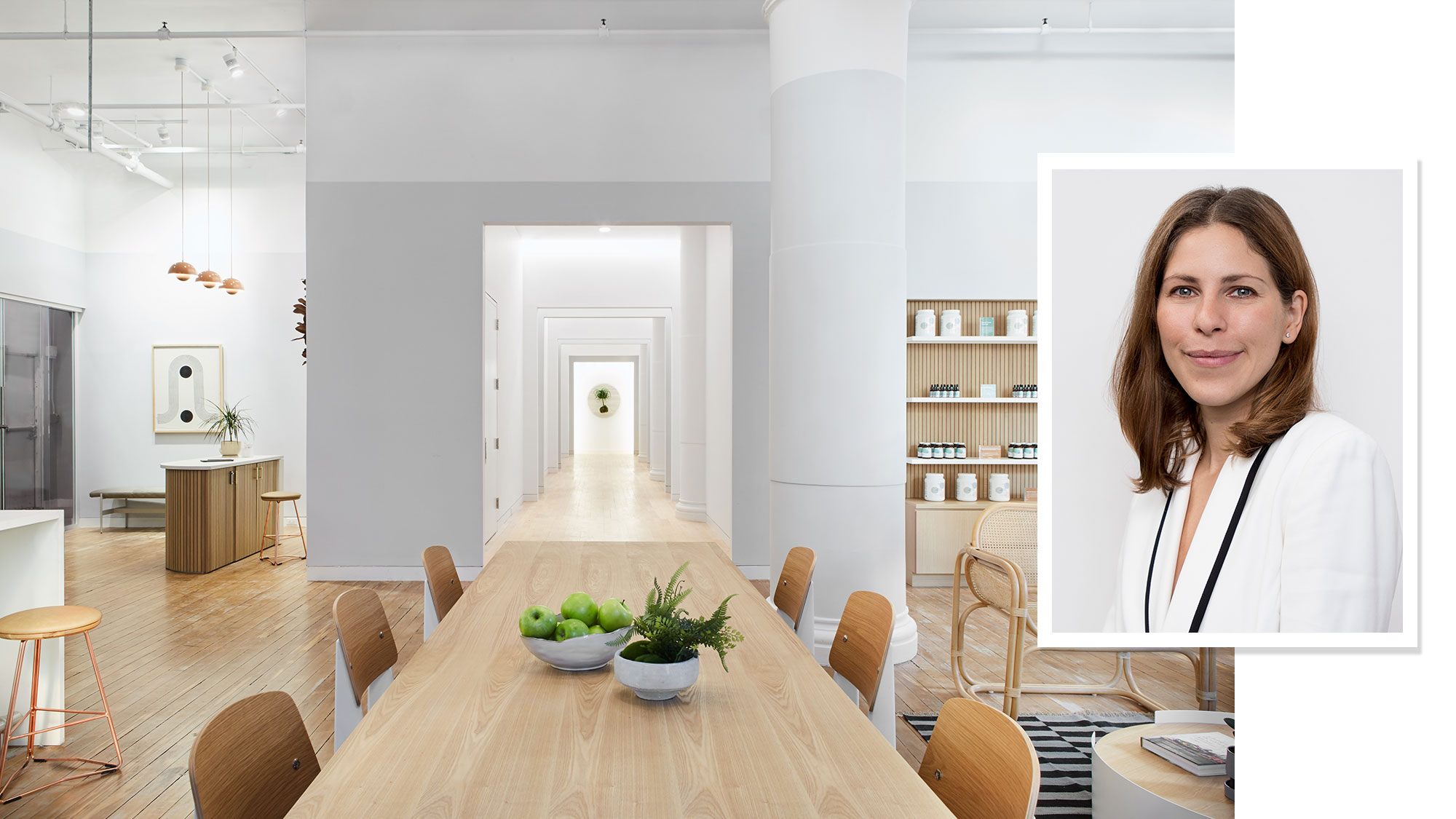
Parsley Health founder and CEO, Dr. Robin Berzin.
Just 13 percent of healthcare CEOs are female—and even fewer are M.D.s. But Dr. Robin Berzin has defied these odds. In 2011, the graduate of Columbia University’s College of Physicians and Surgeons cofounded Cureatr, an app that streamlines communication with physicians. That experience with health-tech inspired her to launch Parsley Health in 2016—this time as a solo female founder.
Parsley Health is a functional medicine company that takes a preventive approach to chronic disease management. It uses a holistic snapshot of a patient’s sleep, fitness, nutrition, family history, and mental health to determine the best regimens and health protocols.
When we look at the body as an integrated system—rather than isolated parts—we’re able to implement the right solution at the right time.
Dr. Robin Berzin
It has served tens of thousands of patients nationwide via telehealth, in addition to in-person clinics in New York City and Los Angeles. “We have independent data showing that Parsley's approach to care improves health while reducing specialist referrals and prescription drug use,” Dr. Berzin says. According to company data, by year two, patients have reduced their referrals to specialists by 77 percent. Those previously on chronic medications see a 65 percent reduction in prescription drug use.
“We closely monitor their health to ensure that their concerns were heard, their treatments were working, and, ultimately, that we were measurably putting them on a path to feeling better,” says Dr. Berzin. She points to the initial visit—which takes 75 minutes, five times longer than the average appointment with a primary care physician—as the real changemaker.
Last year was a big one for Dr. Berzin. In response to the wellness wave sparked by Covid-19, she grew telehealth from seven states in 2020 to a nationwide operation in early 2021. She also raised a Series C round of venture capital, bringing the total raised to date to more than $100 million. She finished writing her first book, State Change.
Last but not least, she welcomed her third child. In August 2021, she posted a beaming Instagram photo of herself just three weeks before giving birth, and wrote “I convinced myself at 39 that I was too old to get pregnant easily, even though of course I know better. I help women beat the fertility odds every freaking day at work!”
With a female physician and a mother of three at the helm, Parsley Health is a family practice with an emphasis on transforming women’s healthcare. Its programs are designed to support women throughout their reproductive lifecycle: pre-conception, fertility, pregnancy, and postpartum. Last month, the company announced the launch of comprehensive menopause care.
Menopause affects more than 55 million American women and yet 73 percent of these women will suffer in silence without treatment. Perimenopause symptoms can start as early as age 45 while menopause can last for a decade. And, too often, according to Darcy McConnell, M.D., Director of Medical Affairs at Parsley Health, older women experience age-related conditions that are misattributed to menopause. For example, bloating and weight gain are often blamed on hormones, but can actually be due to high cortisol levels, leading to incorrect treatments.
Parsley Health’s menopause protocol will deviate from the traditional practice of defaulting to hormone replacement therapy (HRT), which, according to Cancer.gov, is linked to numerous side effects including vaginal bleeding, dementia, and breast cancer. Parsley Health’s holistic model instead takes a closer look at a woman’s metabolic health and mental health to offer a comprehensive system for monitoring multiple causes and conditions.
Dr. Berzin says Parsley Health aims to connect the dots, which traditional, patriarchal medicine has failed to do: “When we look at the body as an integrated system—rather than isolated parts—we’re able to implement the right solution at the right time, which halts the cycle of frustration women experience when they’re stuck in the revolving door of specialist referrals and prescription drugs.”
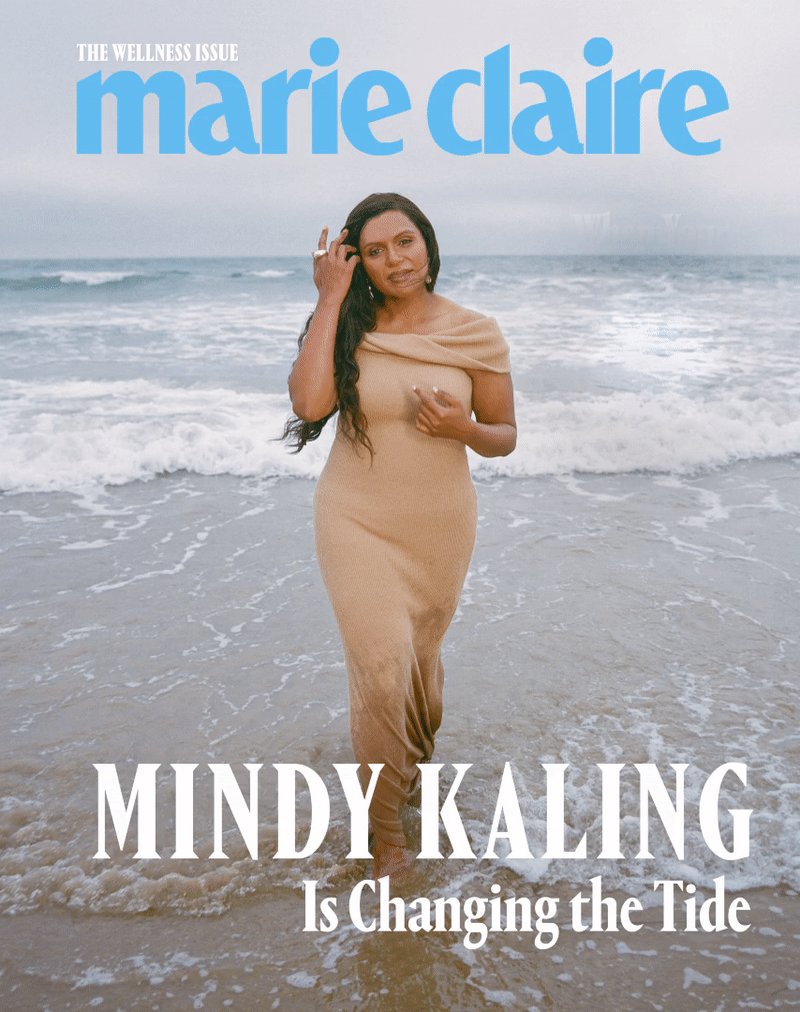

Tanya Benedicto Klich is Senior Editor at Marie Claire where she manages the Money & Career section. Over the course of her 10+ years as a journalist she has overseen the coverage of female founders, funders, executives, innovators and more. Tanya was previously a Lifestyle Reporter for Forbes, where she worked at the ForbesWomen and Forbes Lifestyle verticals. She was also a Features Editor at Entrepreneur Magazine, and a former on-air reporter for NY1 News. Tanya is also a graduate of Columbia University Graduate School of Journalism where she specialized in business & economic journalism, and is an adjunct professor at the NYU Arthur L. Carter Journalism Institute. She lives in Brooklyn with her husband and two little sons. Follow her on Twitter: @TanyaKlich
-
 Hailey Bieber Combines Vintage Mugler With 2025's Sneaker Trend
Hailey Bieber Combines Vintage Mugler With 2025's Sneaker TrendThe model wore the perfect high-low combination for a night at the festival.
By Amy Mackelden Published
-
 Tyla's Coachella Outfit Pairs Dolce & Gabbana With Pandora
Tyla's Coachella Outfit Pairs Dolce & Gabbana With PandoraThe singer wore a gold version of the crystal bra made famous by Aaliyah.
By Amy Mackelden Published
-
 How Kate Middleton Is Influencing George's Fashion Choices
How Kate Middleton Is Influencing George's Fashion ChoicesThe future king's smart blazer is straight out of Princess Kate's style playbook.
By Amy Mackelden Published
-
 Peloton’s Selena Samuela on Turning Tragedy Into Strength
Peloton’s Selena Samuela on Turning Tragedy Into StrengthBefore becoming a powerhouse cycling instructor, Selena Samuela was an immigrant trying to adjust to new environments and new versions of herself.
By Emily Tisch Sussman Published
-
 Black Girls Breathing Is Creating a Safe Space for Black Women
Black Girls Breathing Is Creating a Safe Space for Black WomenFounder Jasmine Marie reflects on how she's managing a business and preserving her mental health during this stressful time.
By Rachel Epstein Published
-
 Payal Kadakia Made ClassPass into the Decade's First Billion-Dollar Company
Payal Kadakia Made ClassPass into the Decade's First Billion-Dollar Company...while pregnant. The founder of the fitness empire shares her journey to unicorn-status, including all the bumps (baby and otherwise) along the way.
By Megan DiTrolio Published
-
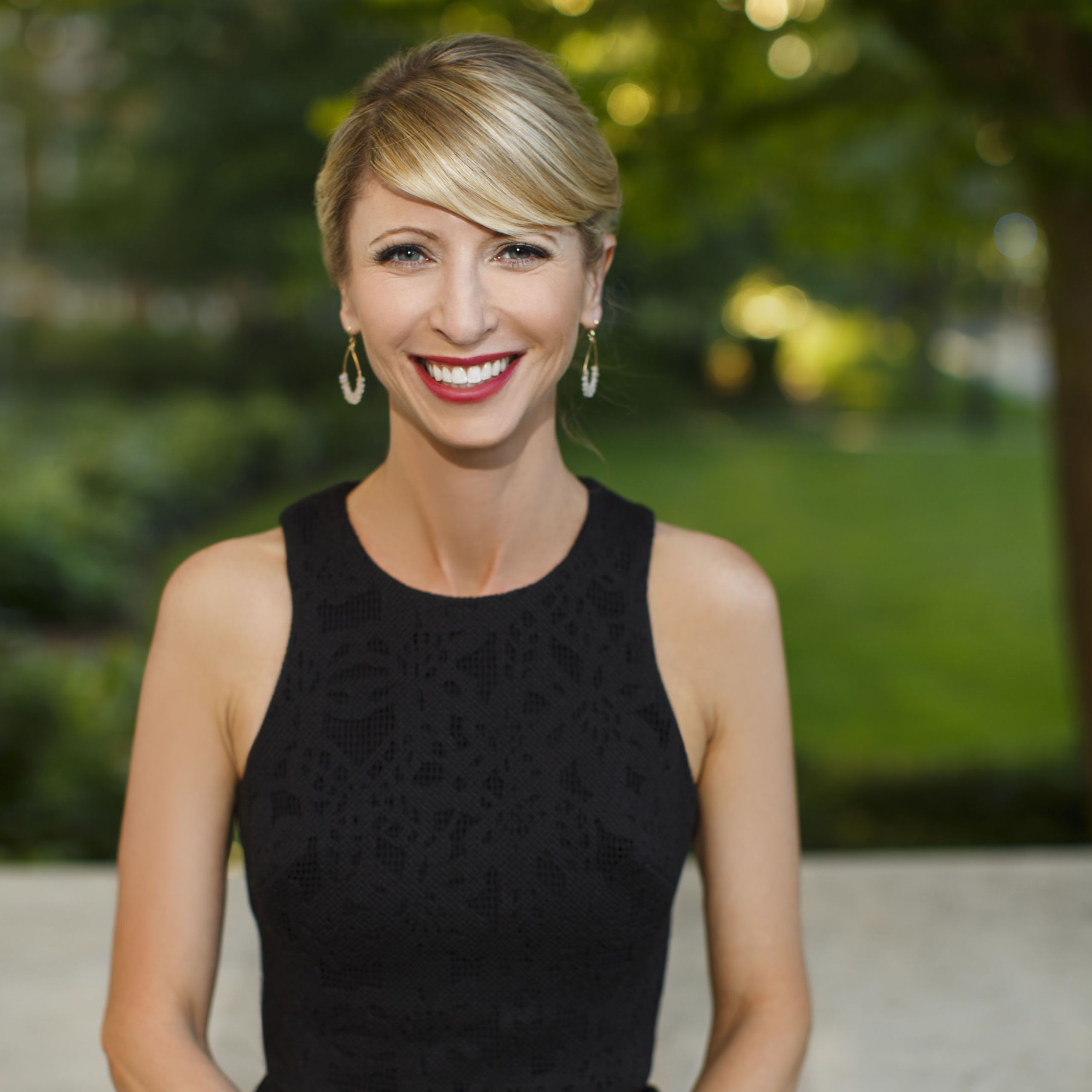 The Surprising Tricks for Having "Presence," That Thing All Confident Women Have
The Surprising Tricks for Having "Presence," That Thing All Confident Women HaveCourtesy of Harvard professor and viral TED speaker Amy Cuddy's must-read new book.
By Lane Florsheim Published
-
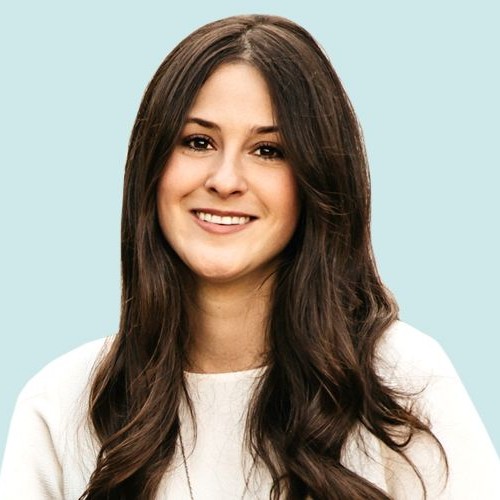 Meet the Woman Who Started a Global Movement to End Cancer at the Age of 19
Meet the Woman Who Started a Global Movement to End Cancer at the Age of 19Julie Greenbaum started FCancer after her mother passed away—and she's not slowing down anytime soon.
By Samantha Leal Published
-
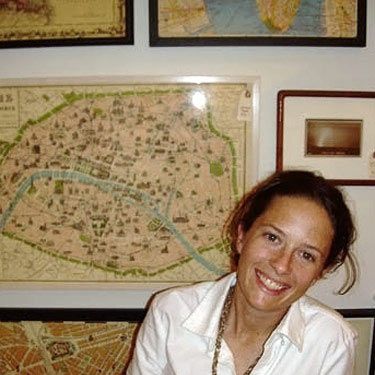 3 of Our Favorite Entrepreneurs Share Their Best Advice
3 of Our Favorite Entrepreneurs Share Their Best AdviceFeatures Learn how to start your own business from women who've done it.
By Jihan Thompson Published